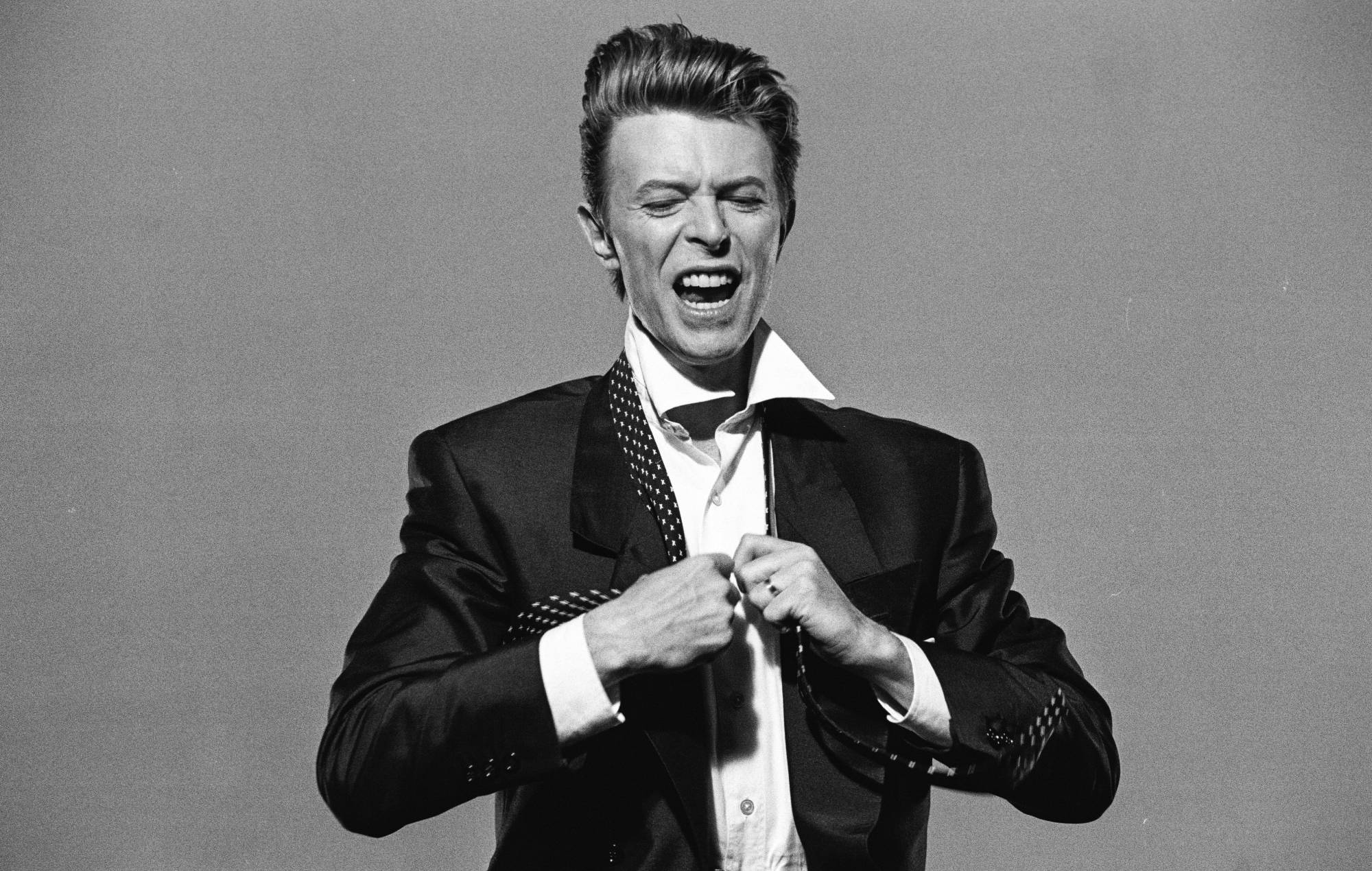
4000 people will attend a concert in Germany as part of an experiment to see how safety measures against coronavirus can be put in place at large-scale cultural events.
The experiment is going to cost €990,000 and will be funded by the federal states of Saxony and Saxony-Anhalt. It will take place in an indoor stadium in Leipzig on August 22 and feature singer-songwriter Tim Bendzko, who is popular in Germany.
The Guardian reports that the participants will be aged between 18 and 50 and will be given "tracking gadgets" and bottles of fluorescent hand sanitiser to help work out how to minimise the risk of coronavirus at big indoor gatherings such as concerts or the theatre.
Scientists will use UV lights to find surfaces where smear infection is likely to take place and a fog machine and aerosols will help study how coronavirus could spread in the air, with computer-generated models used to aid predictions.
Read this next: How coronavirus is impacting the music industry
The experiment will be conducted in three stages: the first will see the subjects attend the concert hall as usual; the second will see them enter the venue eight different entrances to ensure less mingling and the third will feature social-distancing measures such as seating spaced out by 1.5 metres and a reduced capacity of 2000.
People taking part in the experiment will have to prove that they do not have coronavirus and will be sent testing kits 48 hours before the event. They will also be given face masks and organisers say the chance of becoming infected is very low, but not impossible.
Stefan Moritz, the head of clinical infectious diseases at the University hospital in Halle, who is co-ordinating the experiment said: “We are trying to find out if there could be a middle way between the old and the new normal that would allow organisers to fit enough people into a concert venue to not make a loss."
It's reported that the results will be available by October.
Read this next: Get the best of Mixmag direct to your Facebook DMs



